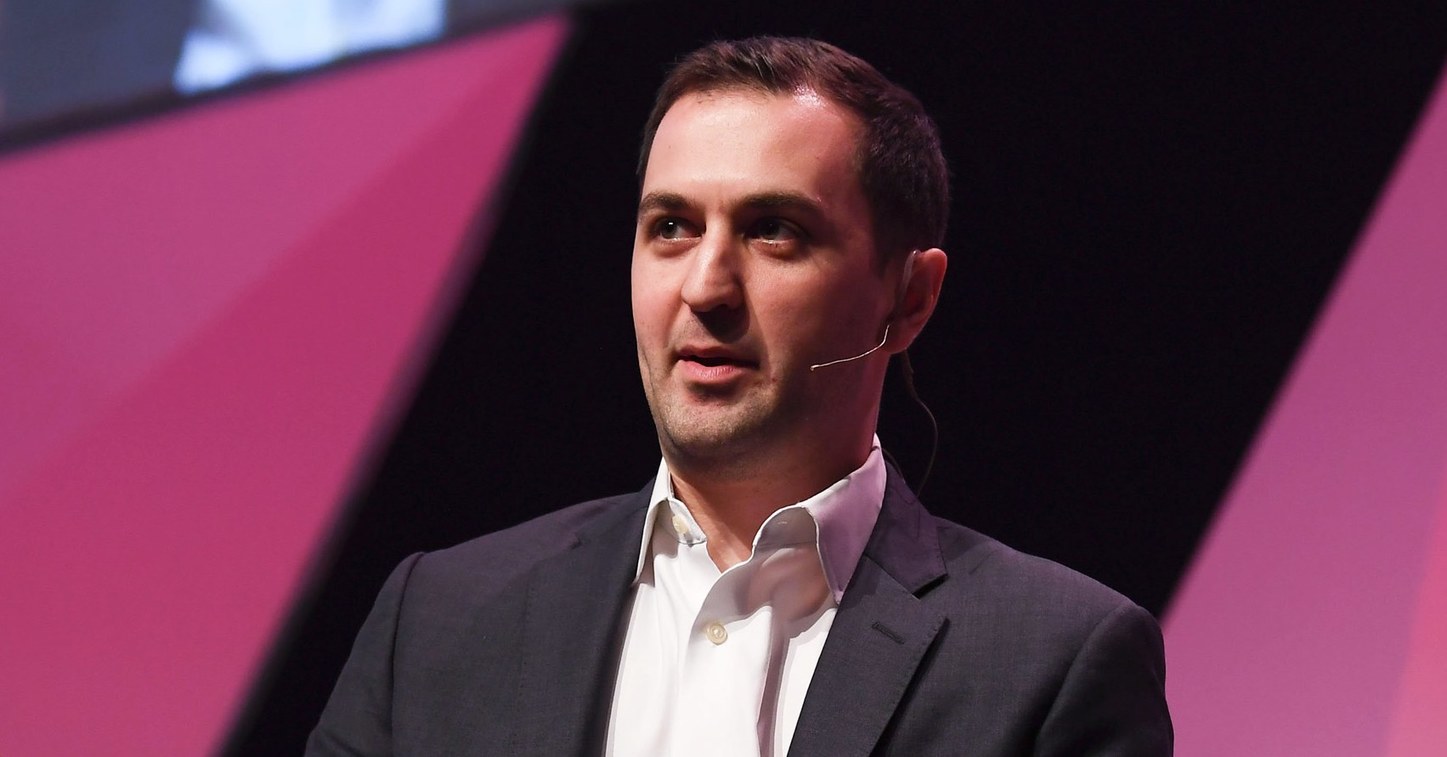Yuka, retour sur un succès phénoménal
« On ne veut pas d'une simple croissance financière mais d'une croissance basée sur l'impact social ! » En 2017, Julie Chapon crée Yuka, une appli qui permet d'évaluer la qualité nutritionnelle d'un produit et sa potentielle dangerosité, simplement en le scannant dans un rayon. En moins de deux ans, elle compte 10 millions d'utilisateurs en France et révolutionne la manière dont les consommateurs appréhendent leur alimentation. Aujourd'hui, elle s'attaque au marché des cosmétiques.









